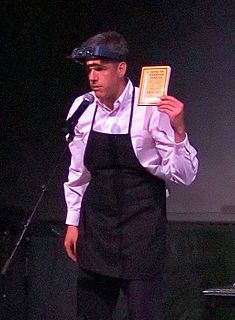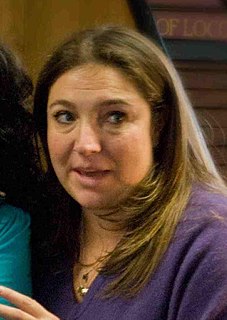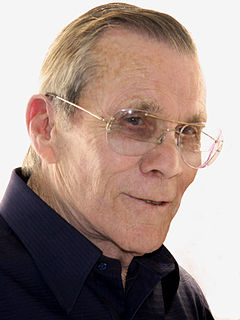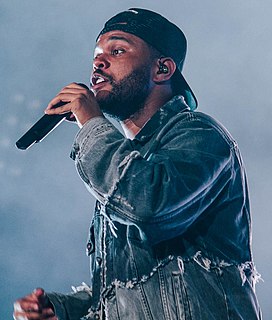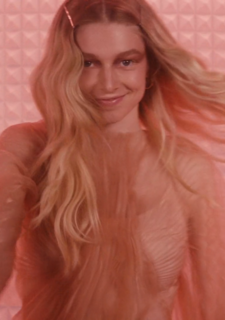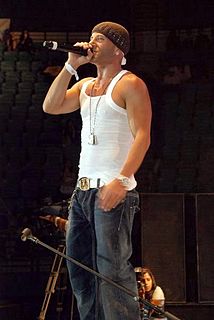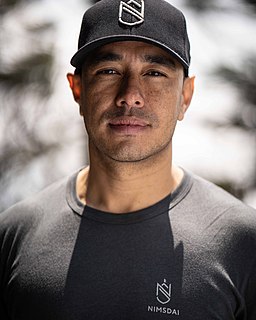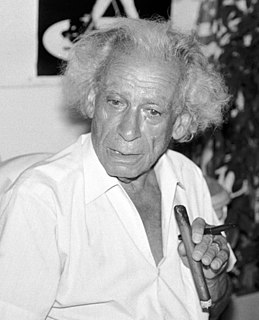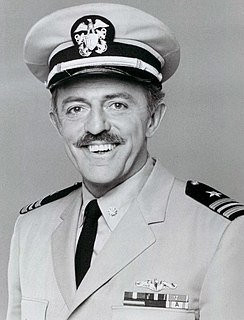A Quote by Maria Cornejo
The fashion business got boring. I was working with big companies, but the minute it became too formulaic, I got bored with it. I wanted to do a creative space where I could just make stuff - kind of like an atelier, where I could collaborate with other artists, drape geometric shapes on the body, make cushion covers, or whatever.
Related Quotes
Ever since I became better acquainted with classical music, I've wanted to try my hand at longer forms, but I could never really see my way to it. And after I got divorced, all of a sudden I had a lot of pent-up energy and lots of stuff that had gone into trying to make this failing relationship work that kind of got reapplied.
Basically, the UBR is a relic of an earlier vision for UDDI. The original vision for UDDI was as a standard that would help companies conduct business with each other in an automated fashion. The idea was that companies could publish how they wanted to interact, and other companies could find that information and use it to establish a relationship.
Before, I was writing a script to make a movie. At a certain point, I became A Writer in Film and Television. So I got TV deals to write stuff, film deals to write stuff. But it's dangerous. I got into the WGA, and I became kind of, you know, a slave! They just pay you to write a script, and it's hard to make the movies.
He read a lot. He used a lot of big words. I think maybe part of what got him into trouble was that he did too much thinking. Sometimes he tried too hard to make sense of the world, to figure out why people were bad to each other so often. A couple of times I tried to tell him it was a mistake to get too deep into that kind of stuff, but Alex got stuck on things. He always had to know the absolute right answer before he could go on to the next thing.
Trying to make your own sound is hard. When I was producing for other artists, I could just produce and write songs as a normal songwriter, and almost make them generic. The artists themselves, whoever is singing that song, can put their own twist on it. When it came to my own material, I had to really dig deep, because I was just writing generic stuff. It sounded like everybody else, like Justin Timberlake, like Usher. I never wanted to sound like someone, that's when you know it's not going to work.
I convinced my wife to let me climb Everest. I emptied my savings and took out a loan so I could afford to make the trip. I wanted to do it solo and I pushed myself too hard. I was carrying too much gear and got altitude sickness. I meditated to the point where I was feeling better, but didn't make it up, because I got involved with a rescue.
One way of working is just bring a group of totally different musicians together and encourage them to stick to their guns, not to do the thing that normally happens in a working situation where everyone homogenizes and concedes certain points - so eventually they're all playing in roughly the same style. I wanted quite the opposite of that. I wanted them to accent their styles, so that they pulled away. So there would be a kind of space in the middle where I could operate, and attempt to make these things coalesce in some way. In fact quite a lot of my stuff has arisen from that.
I wanted to be a playwright in college. That's what I was interested in and that's what I was moving toward, and then I had the lucky accident of falling in love with film. I was 19 or 20 that I realized films are made by people. Shooting digitally became cheaper and better. You couldn't make something that looked like a Hollywood film, but you could make something through which you could work out ideas. I was acting, but I was also conceiving the plots and operating the camera when I wasn't onscreen. I got very unvain about film acting, and it became a sort of graduate school for me.

